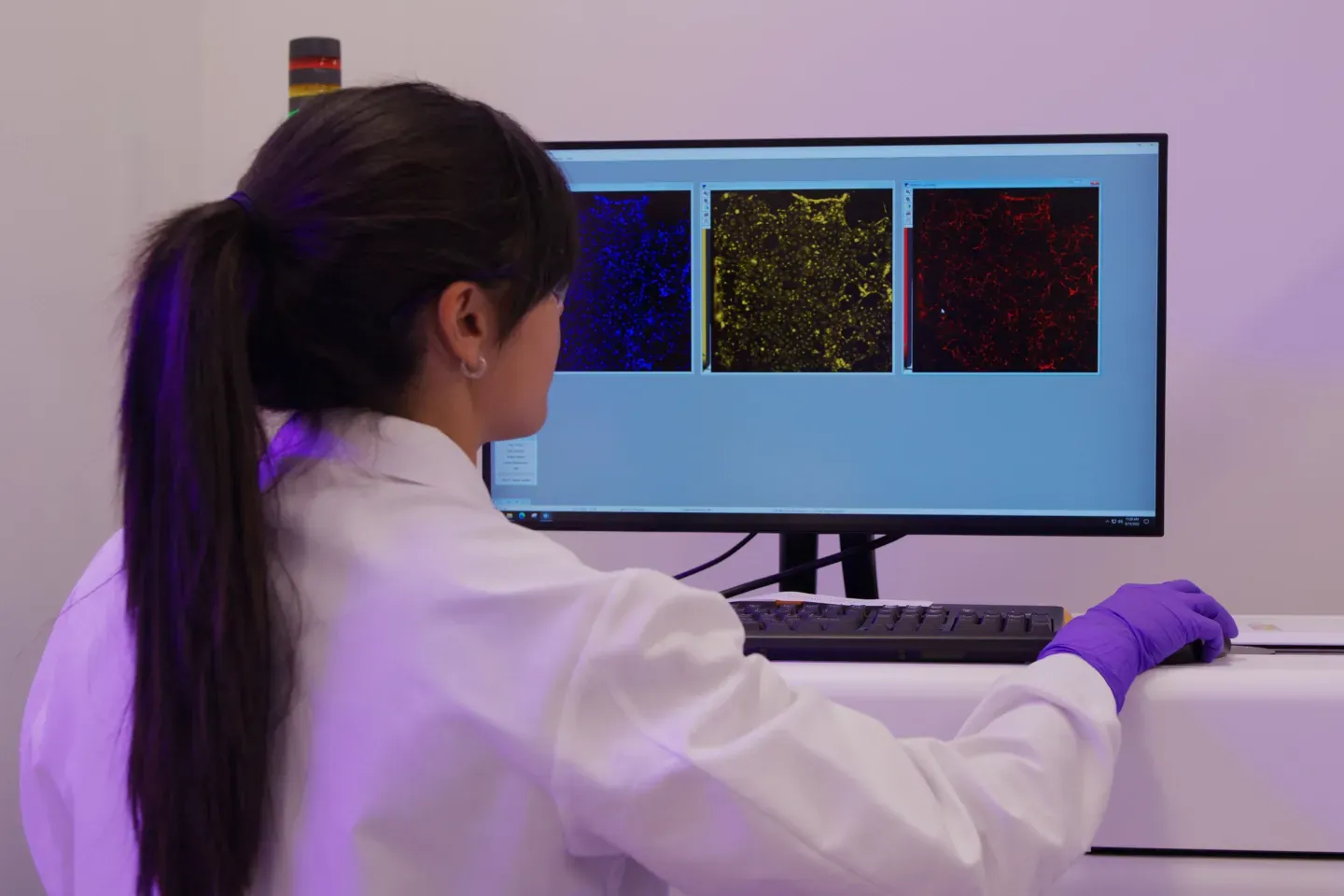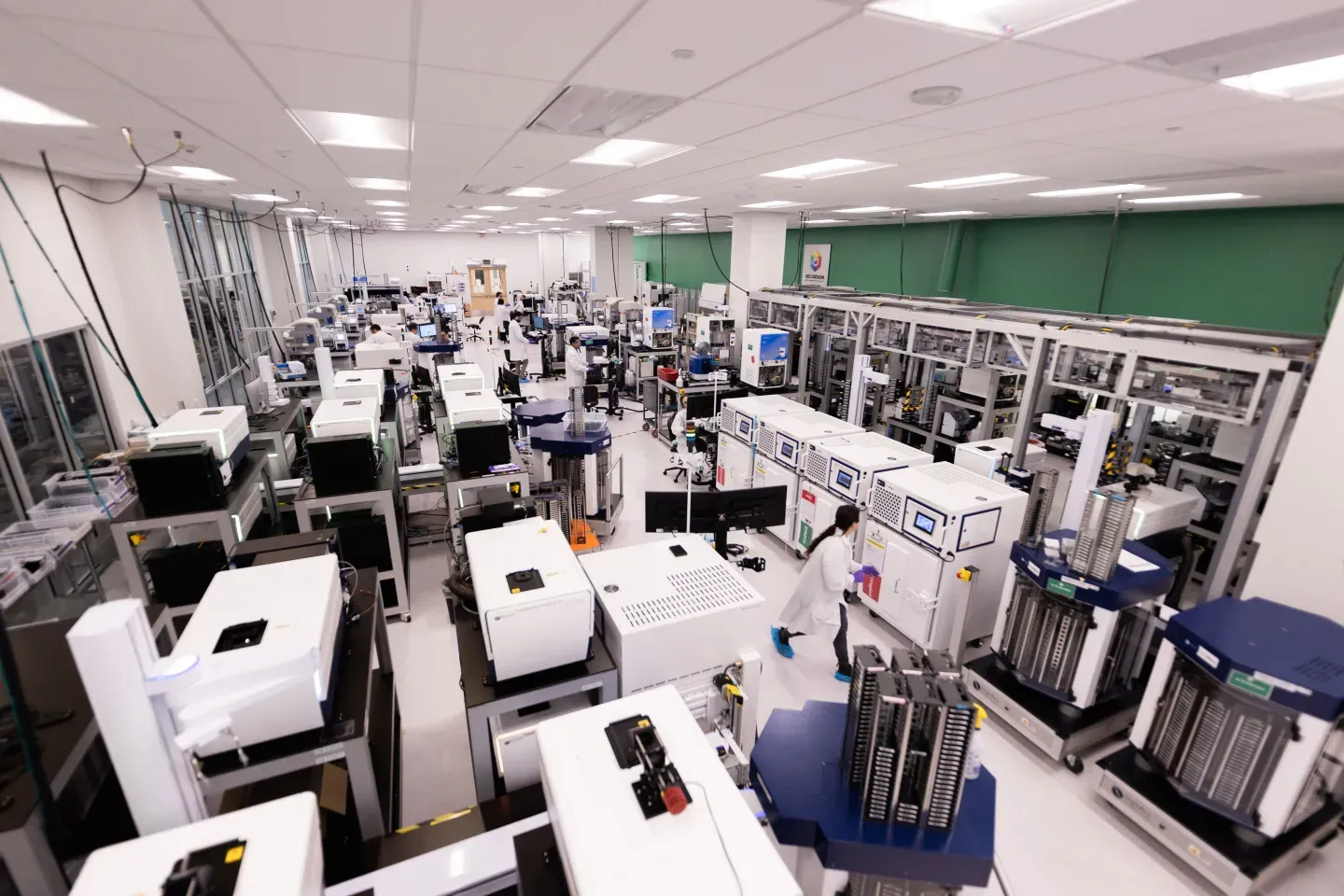In the fast-paced world of Silicon Valley, it’s no surprise that the next big claim involves Artificial Intelligence solving one of humanity’s most daunting challenges—curing cancer. From lofty promises by tech executives to groundbreaking AI models, the narrative is clear: AI might just be the future of medicine. But how realistic are these predictions? Are we really on the cusp of curing cancer, or is this another case of exaggerated tech hype?

AI Executives’ Bold Claims About Curing Disease
The tech industry has long used grandiose statements to fuel interest in new technologies. However, the latest promises about AI’s role in curing diseases, particularly cancer, seem almost too good to be true. Demis Hassabis, a Nobel laureate and the CEO of Google DeepMind, stirred up excitement by claiming AI could potentially “cure all disease” within five to ten years. This is not an isolated statement. Earlier this month, OpenAI revealed models capable of generating and critically evaluating hypotheses in biology, fueling speculation about the technology’s ability to revolutionize medicine. OpenAI CEO Sam Altman went as far as telling President Donald Trump that AI would lead to unprecedented rates of disease cures.
On the other side of the spectrum, Dario Amodei, co-founder of AI company Anthropic, boldly predicted that AI could eliminate most cancers in the near future. While these promises sound hopeful, they require a closer look at the actual capabilities of AI today and where it stands in relation to groundbreaking medical discoveries.
The Reality of AI’s Role in Cancer Research
Despite the bold rhetoric, there is a significant gap between AI’s current capabilities and the dramatic claims made by executives. AI is undeniably powerful in assisting scientific discovery, particularly in areas like drug development and genetics. However, it’s essential to ground expectations in the reality of how AI can impact medical advancements today.

To better understand this, I spoke with a range of scientists and executives working at prestigious institutions such as Pfizer, Moderna, and the Memorial Sloan Kettering Cancer Center. The consensus among these professionals is clear: AI is an invaluable tool in advancing drug discovery, but it is far from a magic solution to cancer. For instance, even if AI models were able to propose a potential drug capable of targeting a specific form of cancer, the process of proving its efficacy and safety in human trials would take years, if not decades. As Alex Zhavoronkov, the CEO of Insilico Medicine, which uses AI to drive drug design, pointed out: “There are traffic signs for drug development, and they are there for a good reason.”
This means that even if an AI model could theoretically come up with a promising drug, it would still need to undergo rigorous clinical testing, which is a slow and highly regulated process that AI is currently not equipped to simulate.
AI in Drug Development – A Valuable Tool, But Not a Miracle Worker
While AI is making strides in the realm of drug development, it’s crucial to understand the limitations of the technology. AI’s role is primarily in analyzing massive datasets, identifying patterns, and speeding up the early stages of research. In fields like oncology, this can be incredibly valuable, as it can help researchers narrow down which compounds may be most effective in targeting cancer cells. However, AI cannot replace the human expertise required to fully understand the complexities of diseases like cancer.
Insilico Medicine’s Alex Zhavoronkov also emphasized that AI’s role in drug development is primarily in streamlining the process, not replacing the long, necessary human element. “AI can’t shortcut the process,” he said. “It can identify patterns, but we still need rigorous human oversight to ensure safety, efficacy, and compliance with regulatory standards.”
While AI may not be on the verge of curing cancer, it has the potential to significantly enhance the drug discovery process. Researchers are exploring ways to use AI to analyze the genetics of different cancers, predict how patients might respond to certain treatments, and even identify new drug candidates more efficiently. However, these advancements are still in the early stages, and AI’s role remains a complementary one, not a replacement for human ingenuity and scientific research.

In conclusion, while the promises made by AI executives are exciting and could one day transform the medical field, the reality is that we are still a long way from seeing AI as the primary driver in curing cancer. The technology is undoubtedly a valuable asset in medical research, but we must approach its potential with caution and realistic expectations.










